
Roundtable
Advertisement
The panel concludes with a discussion on the complexities of interpreting ctDNA positivity in earlier-stage bladder cancer.
The panel considers the adoption of bladder-sparing protocols and the potential of biomarkers to guide risk stratification.
The panel debates the management of high-grade T1 bladder cancer with lymphovascular invasion and variant histology.
The panel pivots to complex considerations in bladder cancer treatment, weighing the promise of IO in BCG-naïve patients.
The panel shares how patient lifestyle, bladder symptoms, and other factors influence intravesical therapy selection.
The panel explores the challenges of delivering bladder-sparing therapies like gem/doce and TAR-200 in real-world settings.
The panel discusses a wave of bladder cancer therapies, including cretostimogene, gem/doce, and AI-driven biomarkers.
The panel concludes with a discussion on how recent Medicare Part D reforms have capped patient out-of-pocket costs.
The panel transitions to role of bone-protecting agents, highlighting the importance of baseline DEXA scans.
The panel weighs some more nuanced decision-making for selecting among androgen receptor pathway inhibitors.
The panel delves into the nuanced decision-making around using doublet versus triplet systemic therapy in mHSPC.
The panel considers the challenges of applying trial data based on conventional imaging to today's PSMA PET-guided staging.
The panel explores the decision-making around offering RP to patients with borderline or undetected mHSPC on PSMA PET.
The panel discusses the role of PSMA PET imaging in staging and managing mHSPC, highlighting insurance barriers and more.
The panel elaborates on what excites them most about the future of UC research, highlighting promising advancements.
The panel considers the evolving role of ctDNA in guiding adjuvant therapy decisions, highlighting IMvigor011 and MODERN.
The panel shares the NIAGARA findings and results from RETAIN-2 on dose-dense MVAC for bladder preservation.
The panel covers 2L treatment options for mUC post-EV/pembro, with emphasis on platinum-based chemo and targeted therapy.
The panel debates patient selection, alternative regimens, and the balance between escalation and de-escalation strategies.
The panel weighs the impact of long-term survival data from the EV-302 trial, with significant improvements in OS.
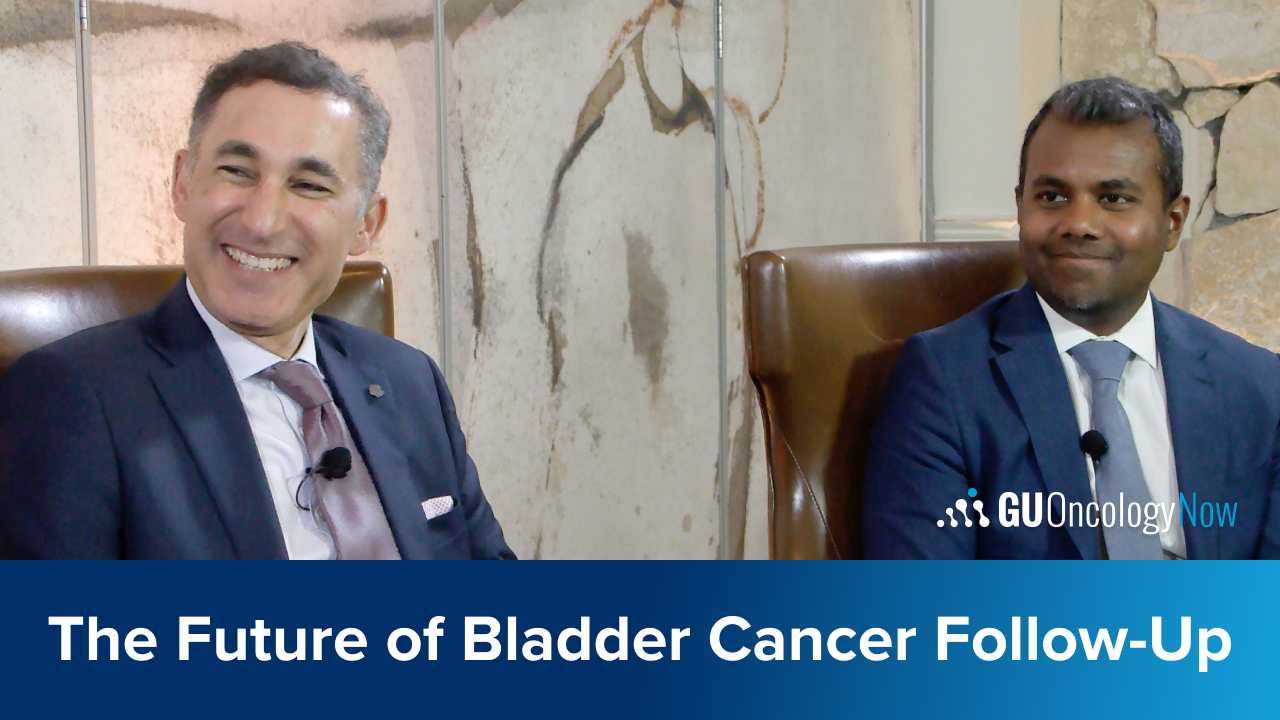
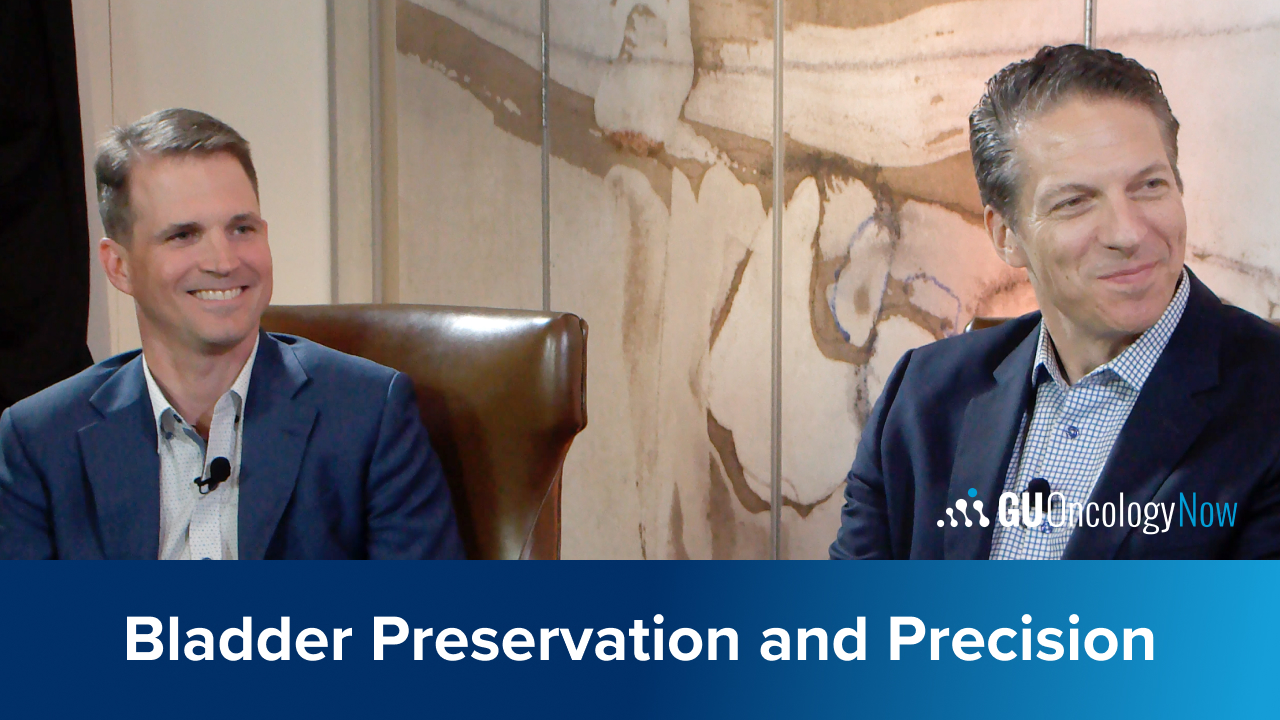
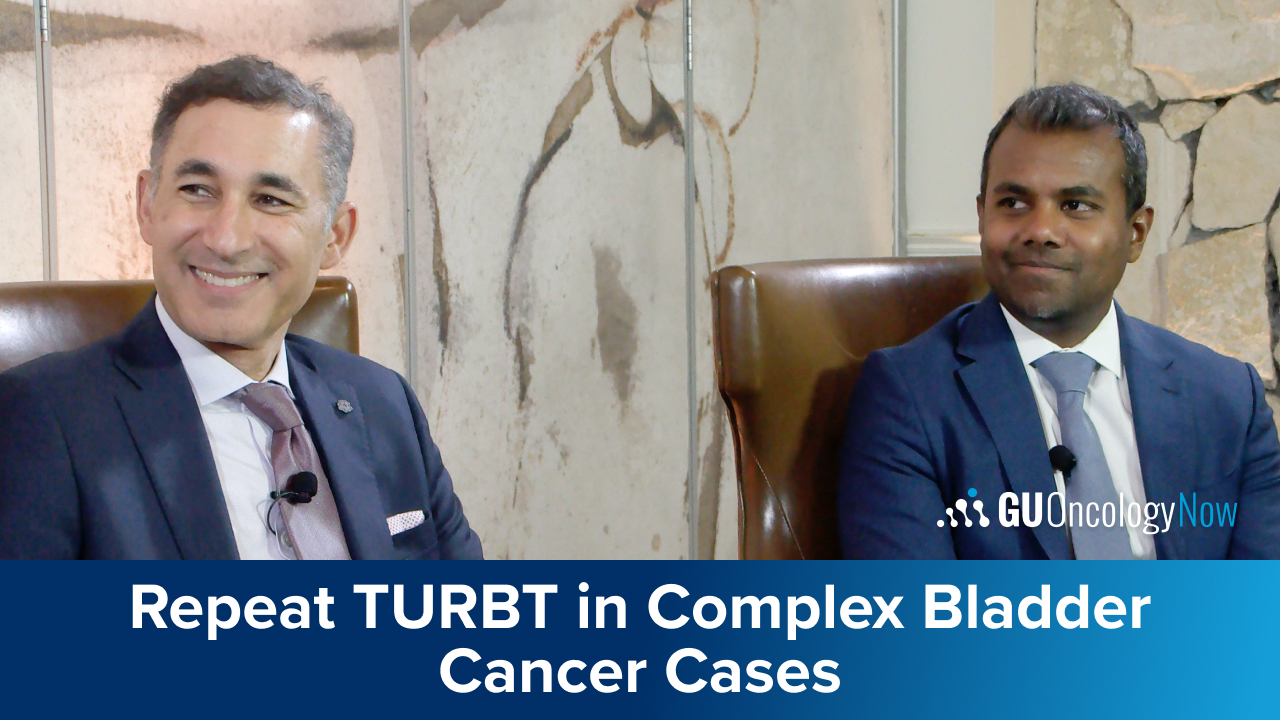
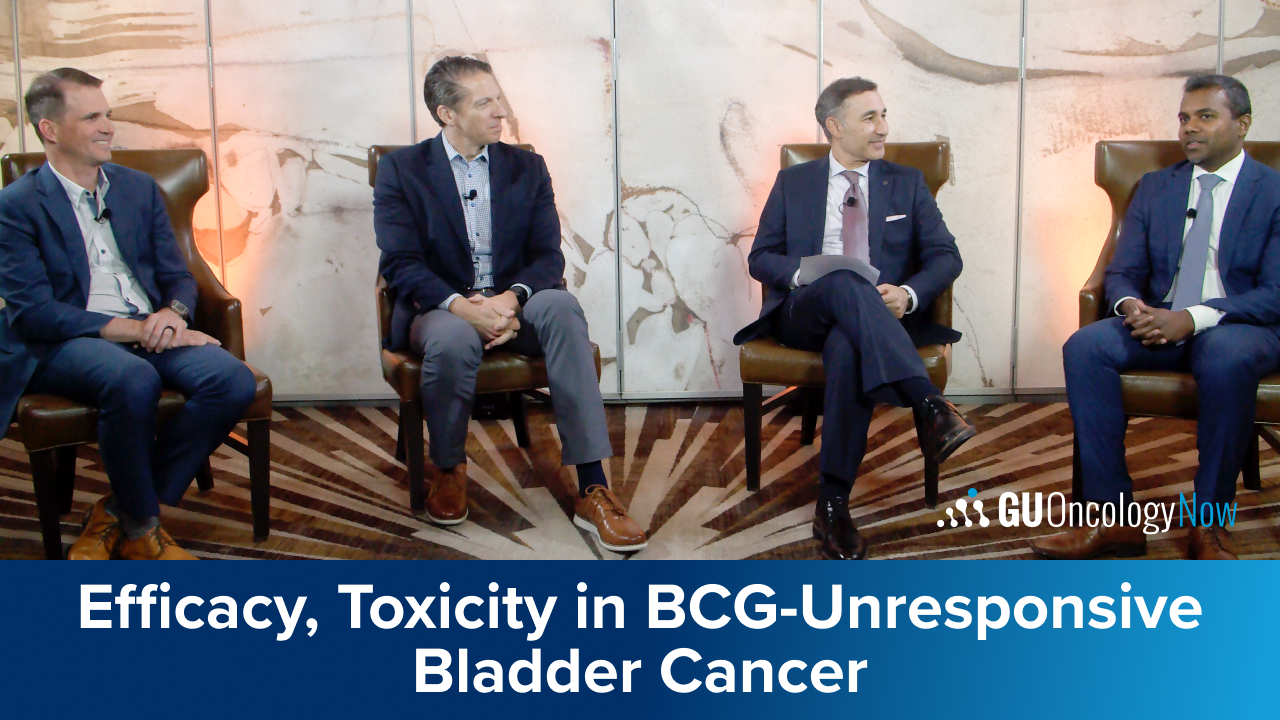
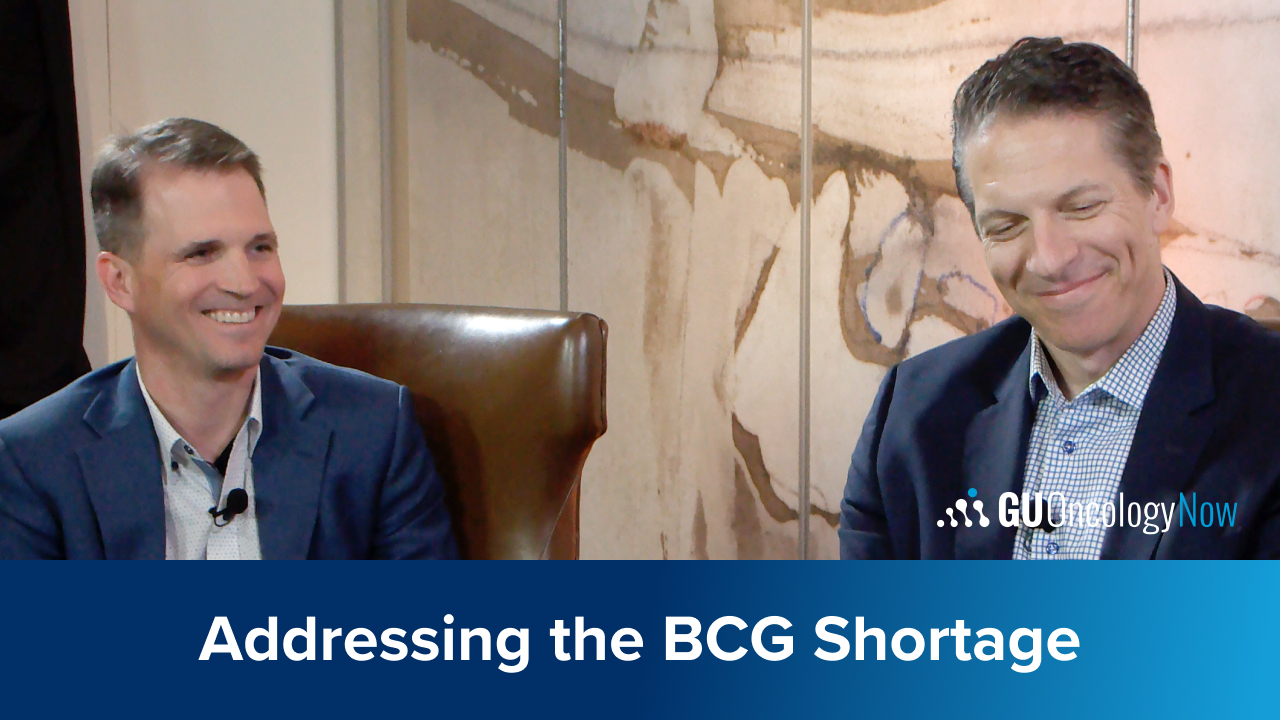

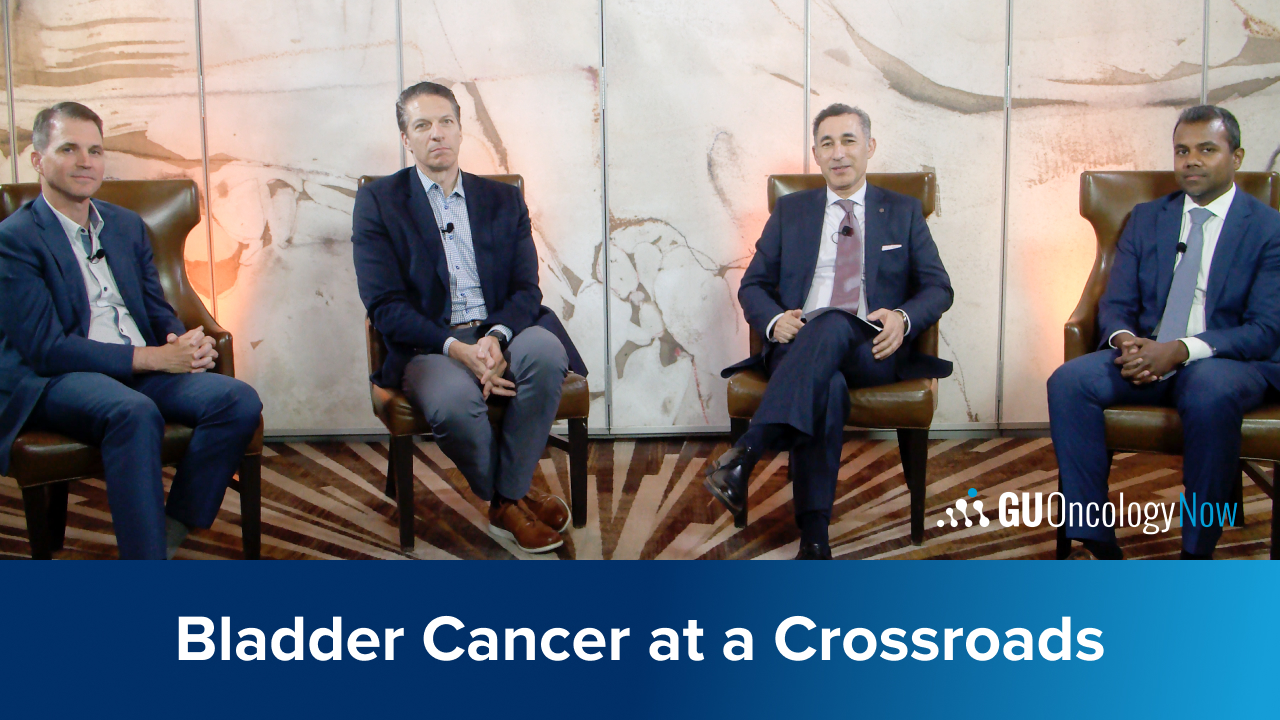
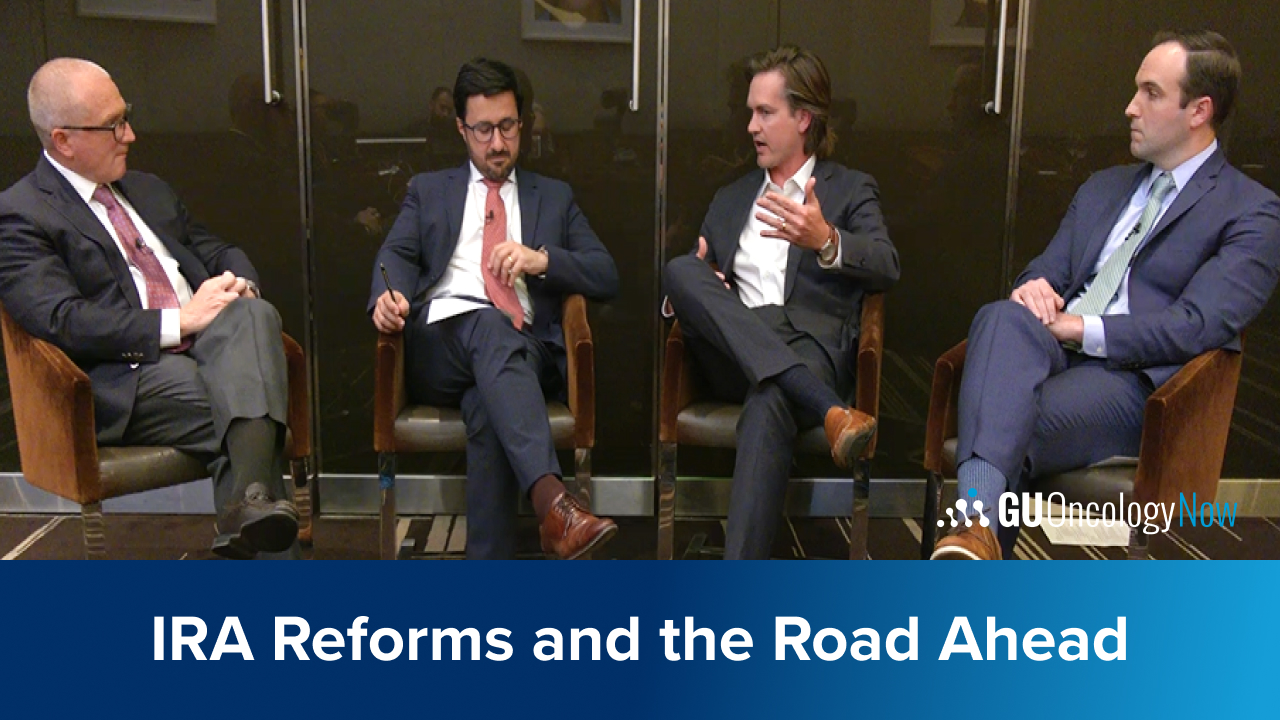
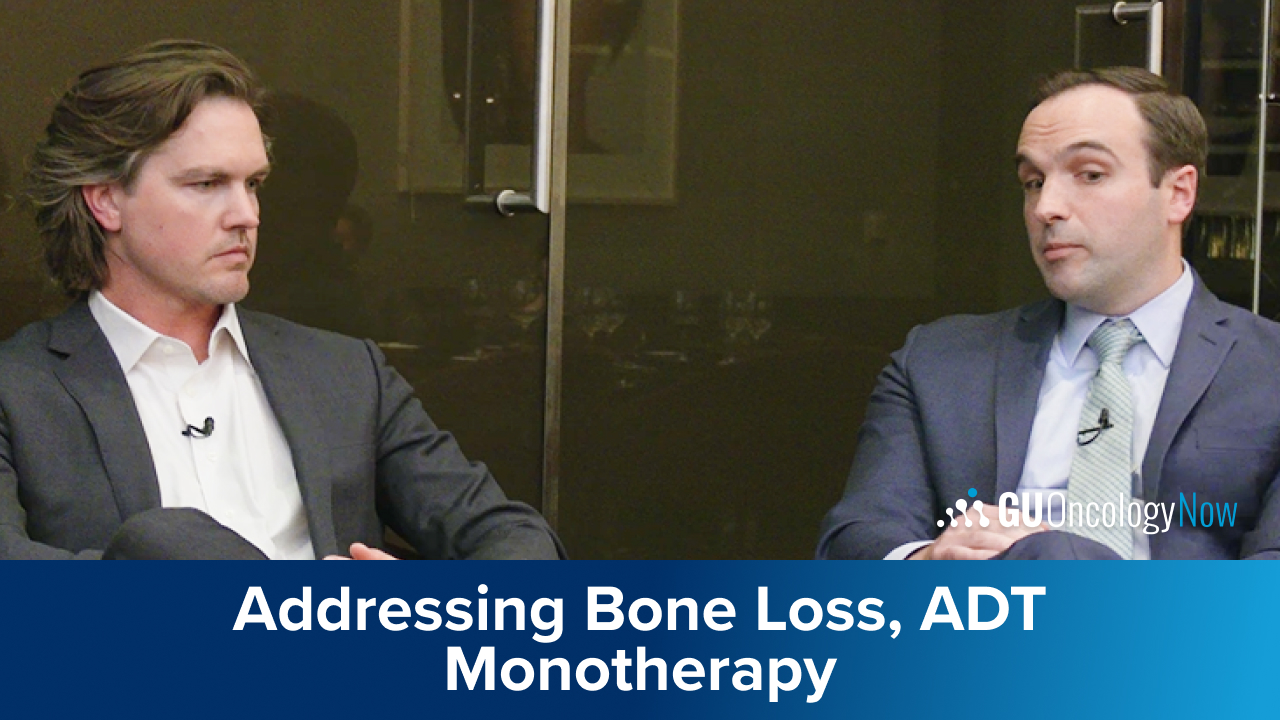
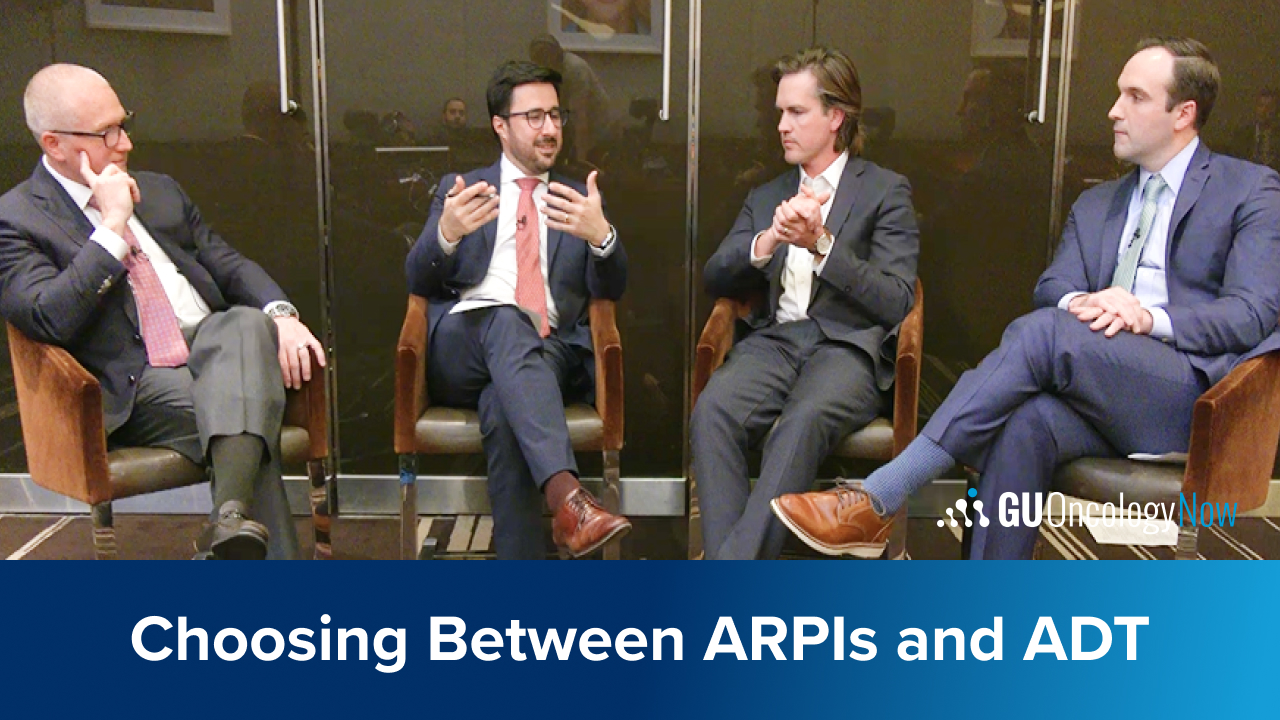
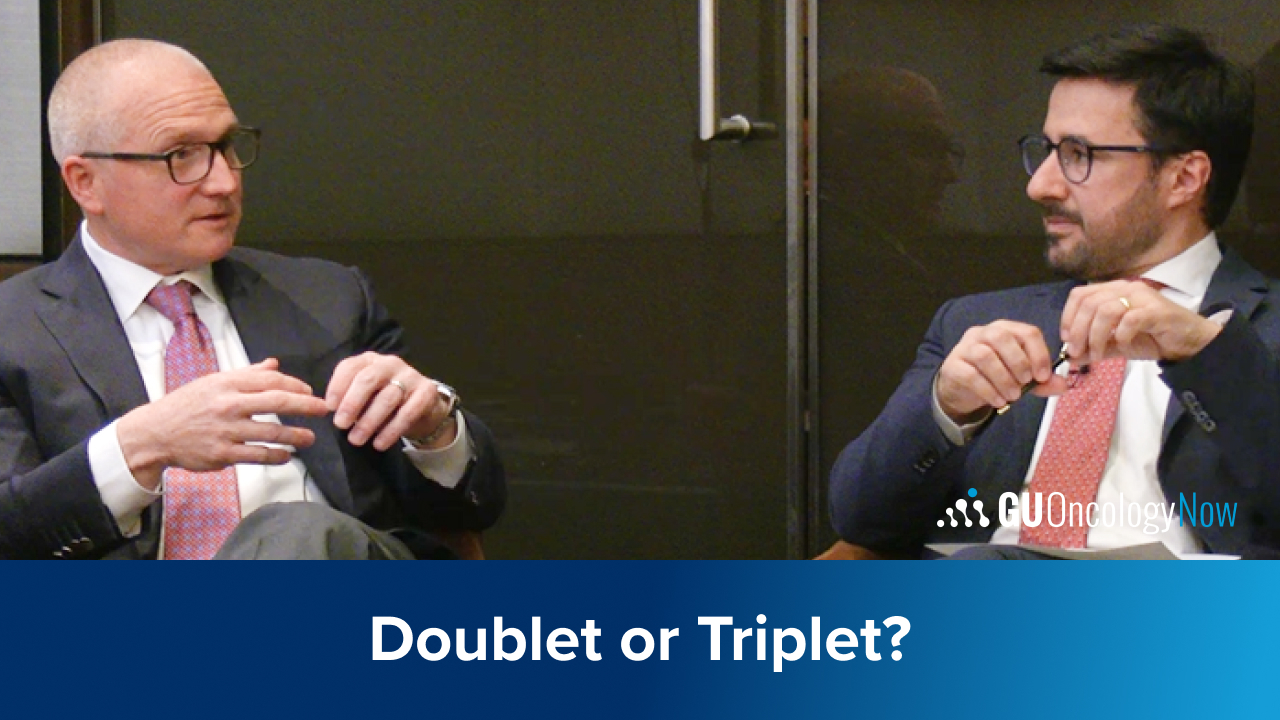
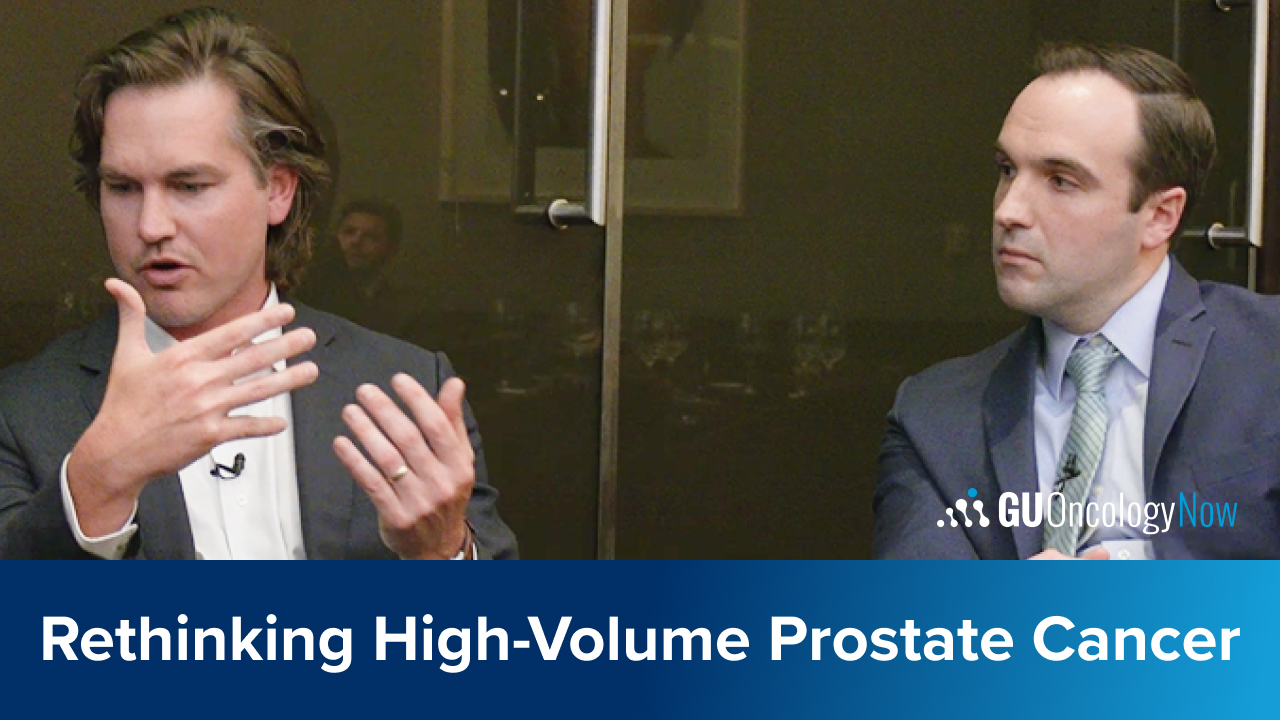
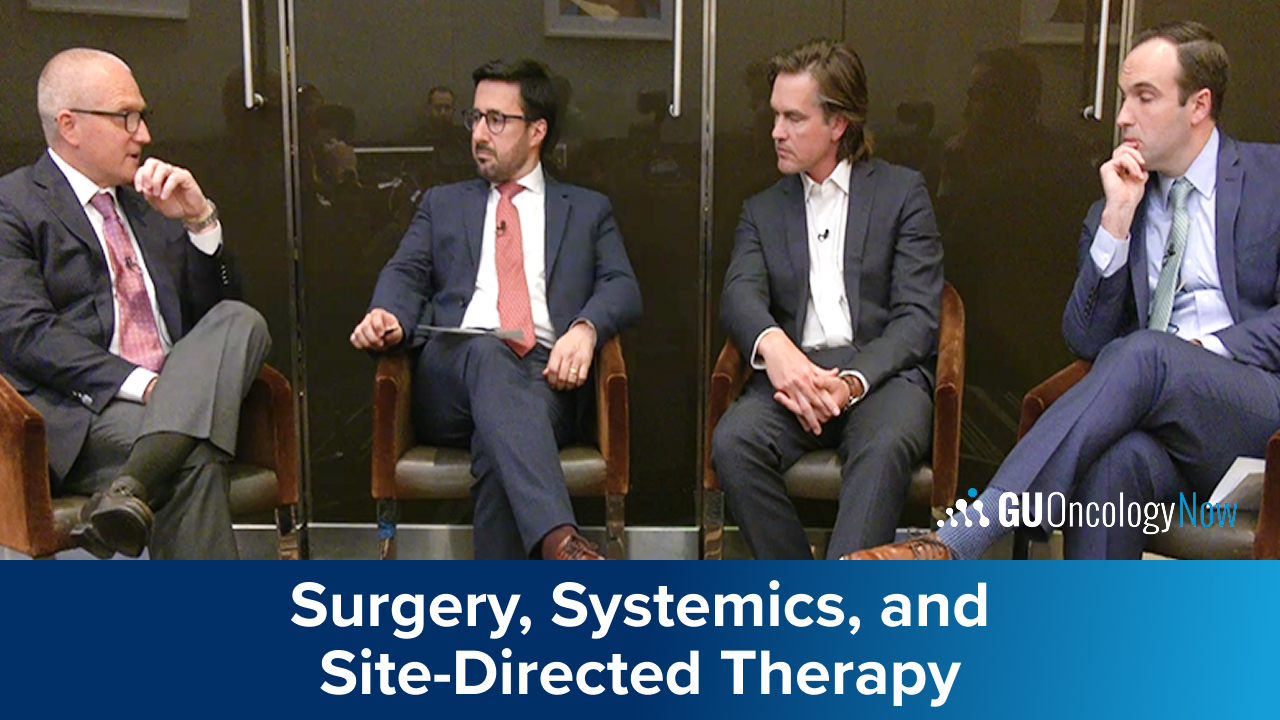
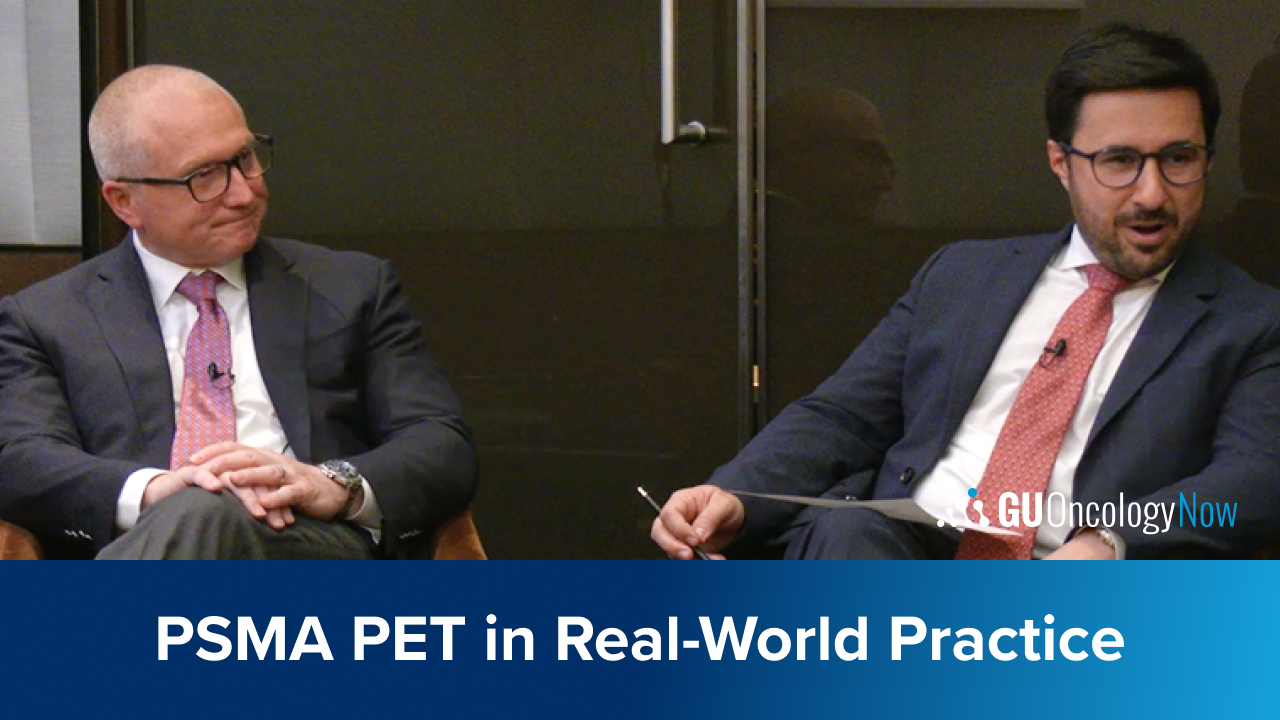







 © 2025 Mashup Media, LLC, a Formedics Property. All Rights Reserved.
© 2025 Mashup Media, LLC, a Formedics Property. All Rights Reserved.